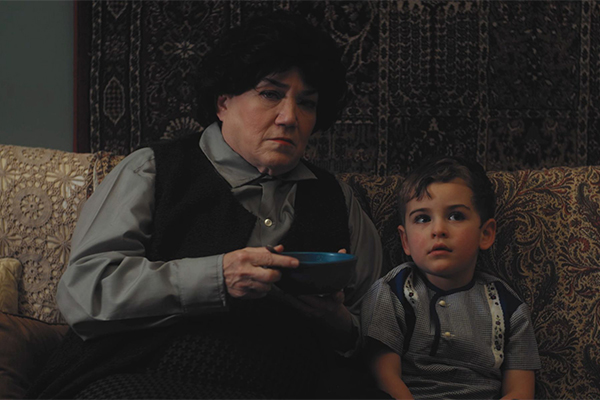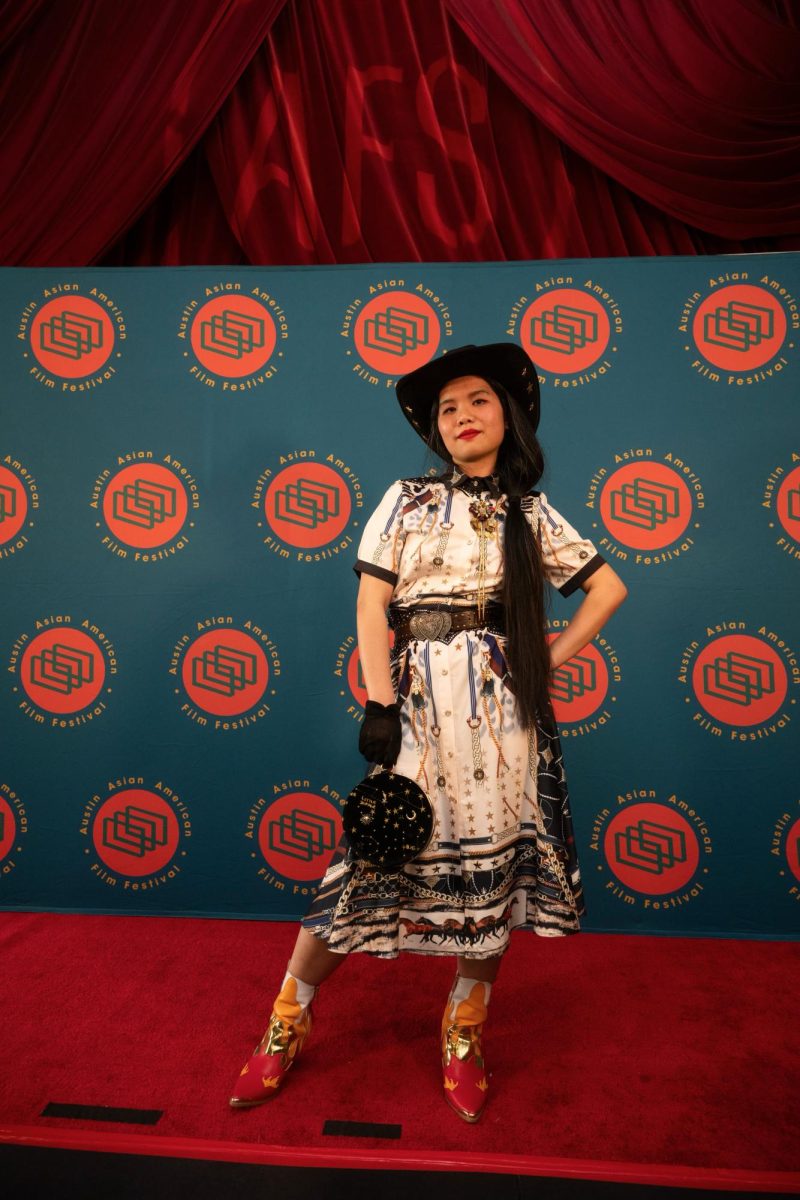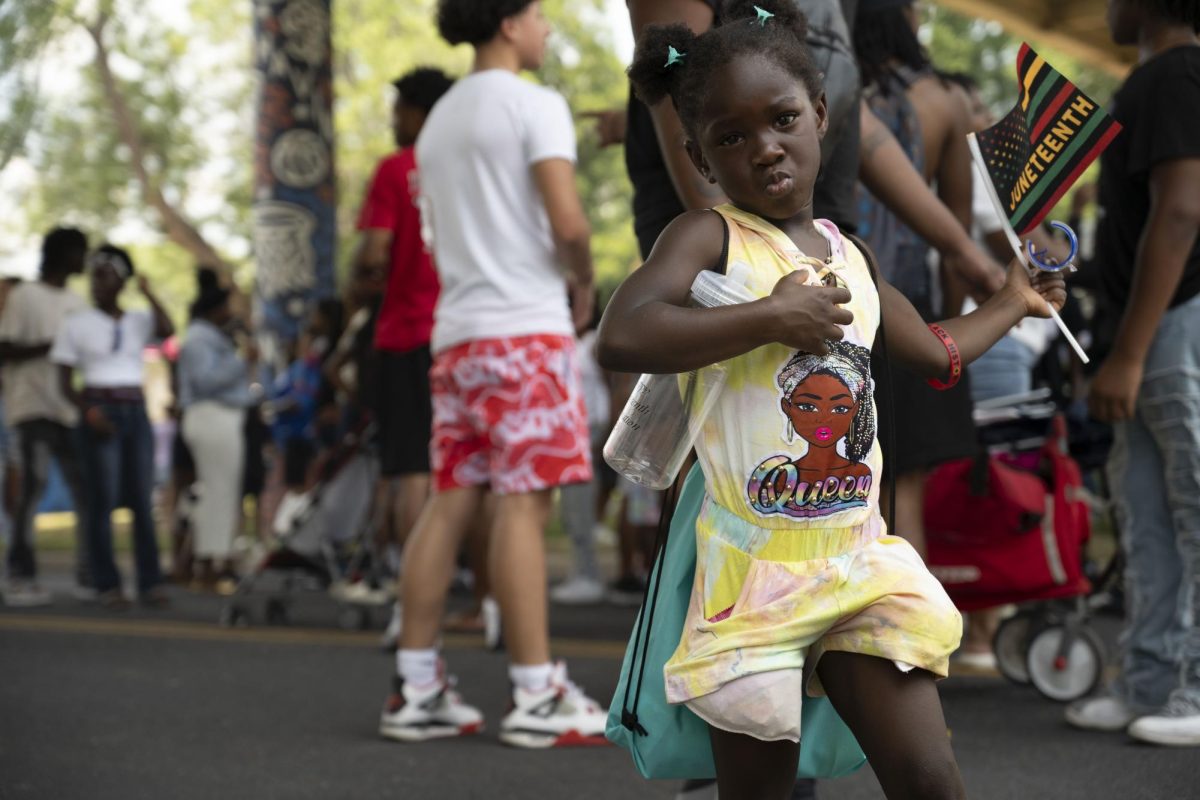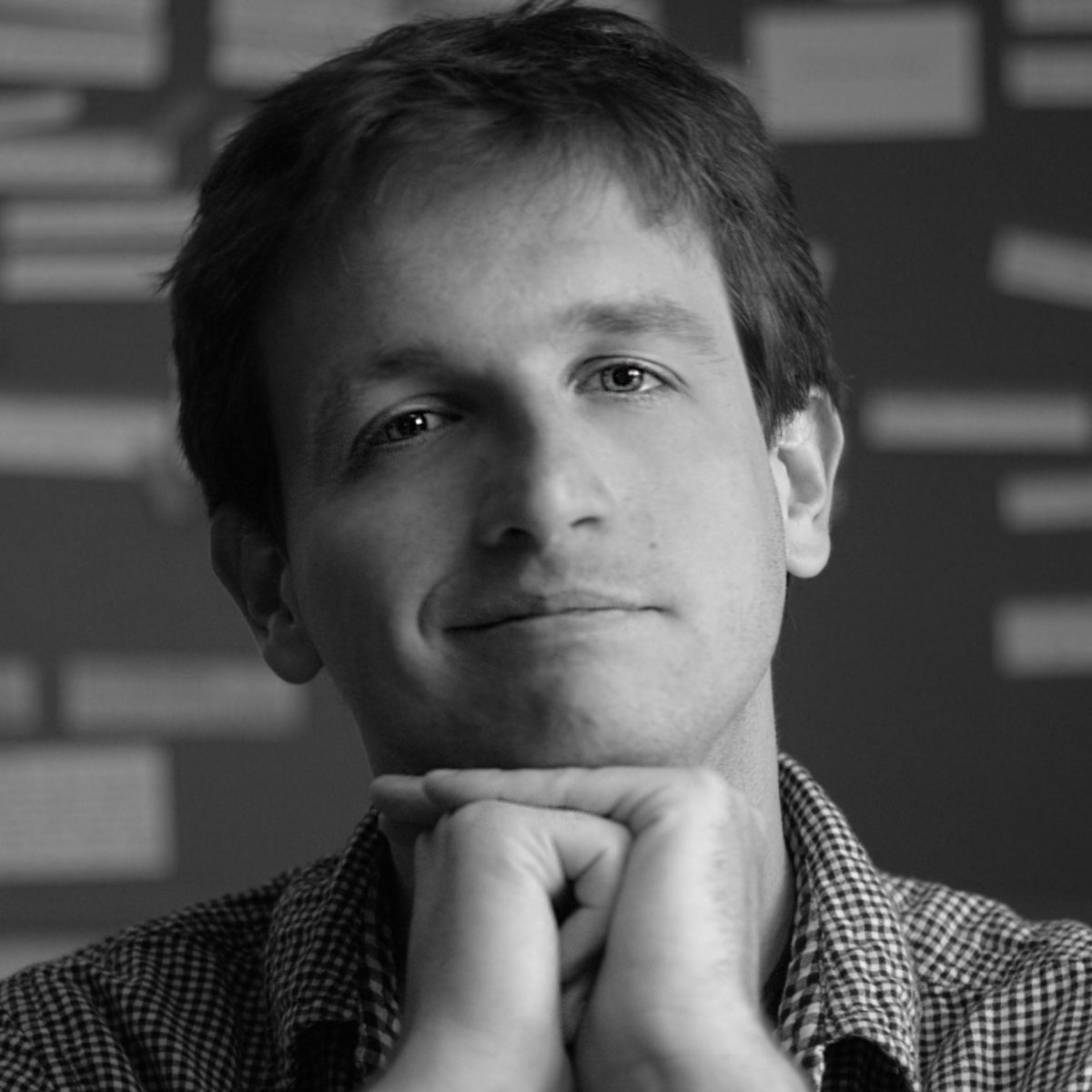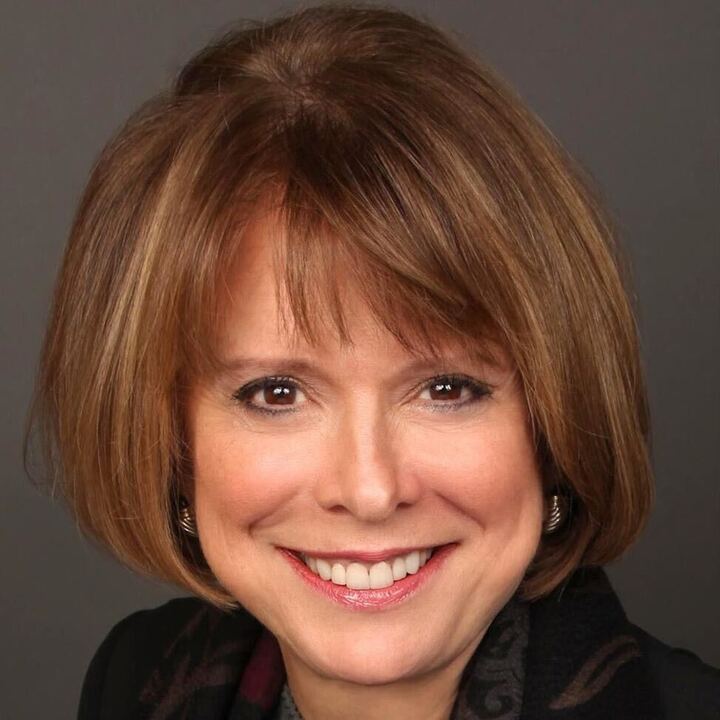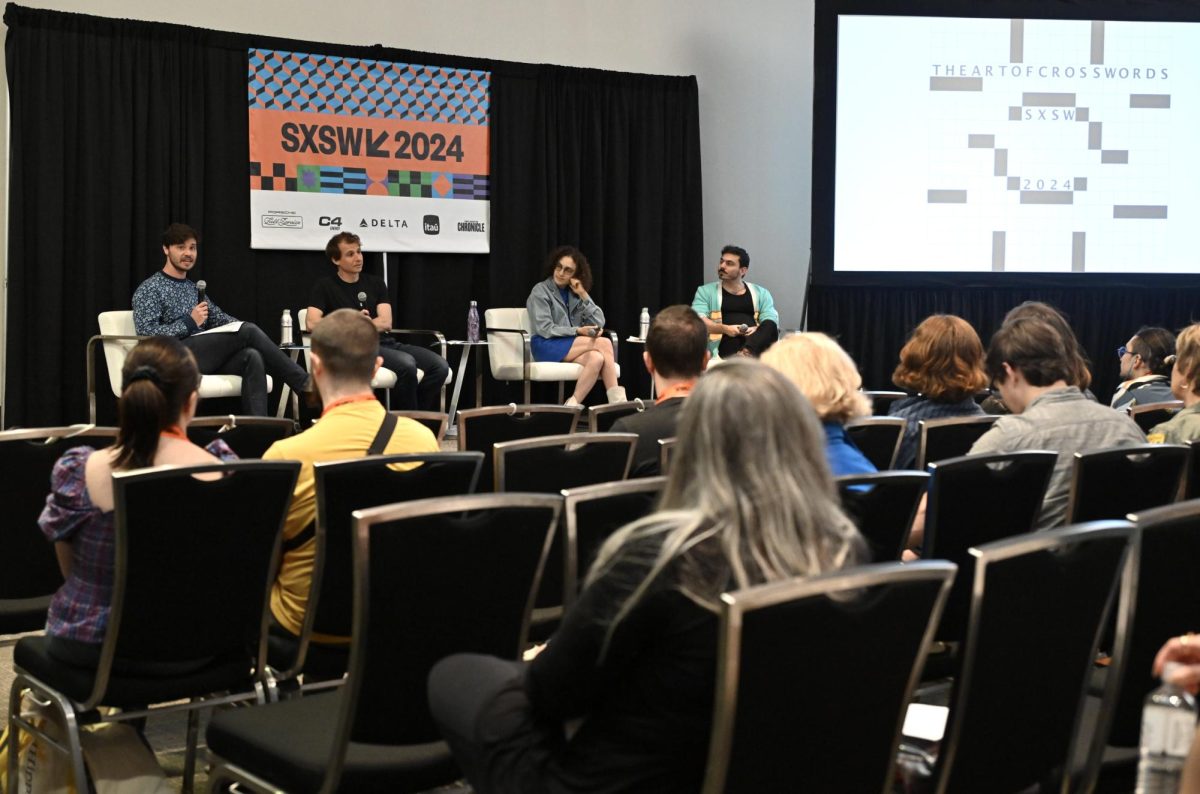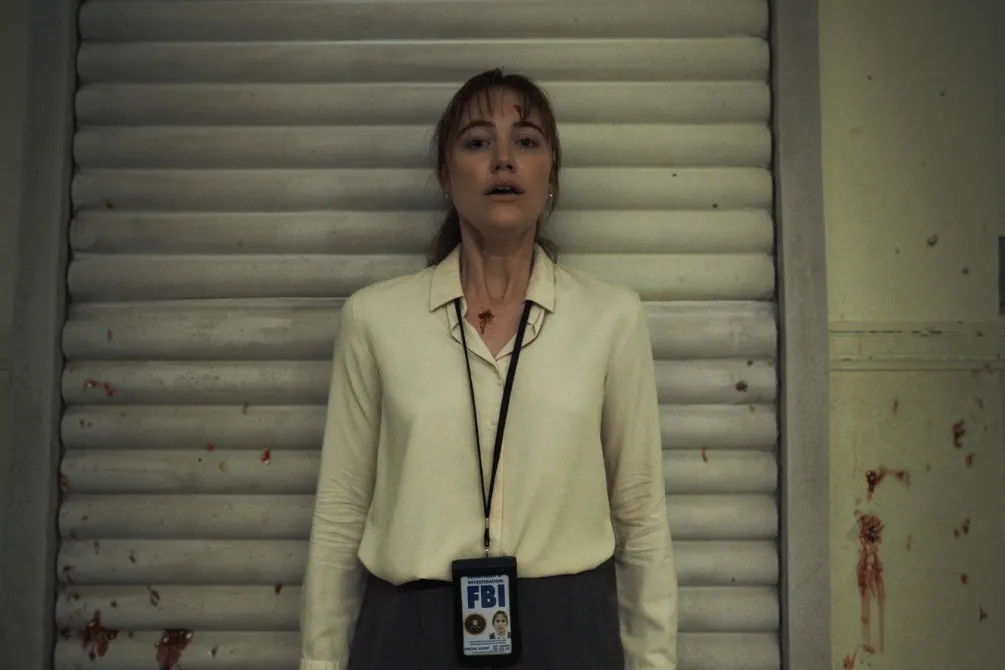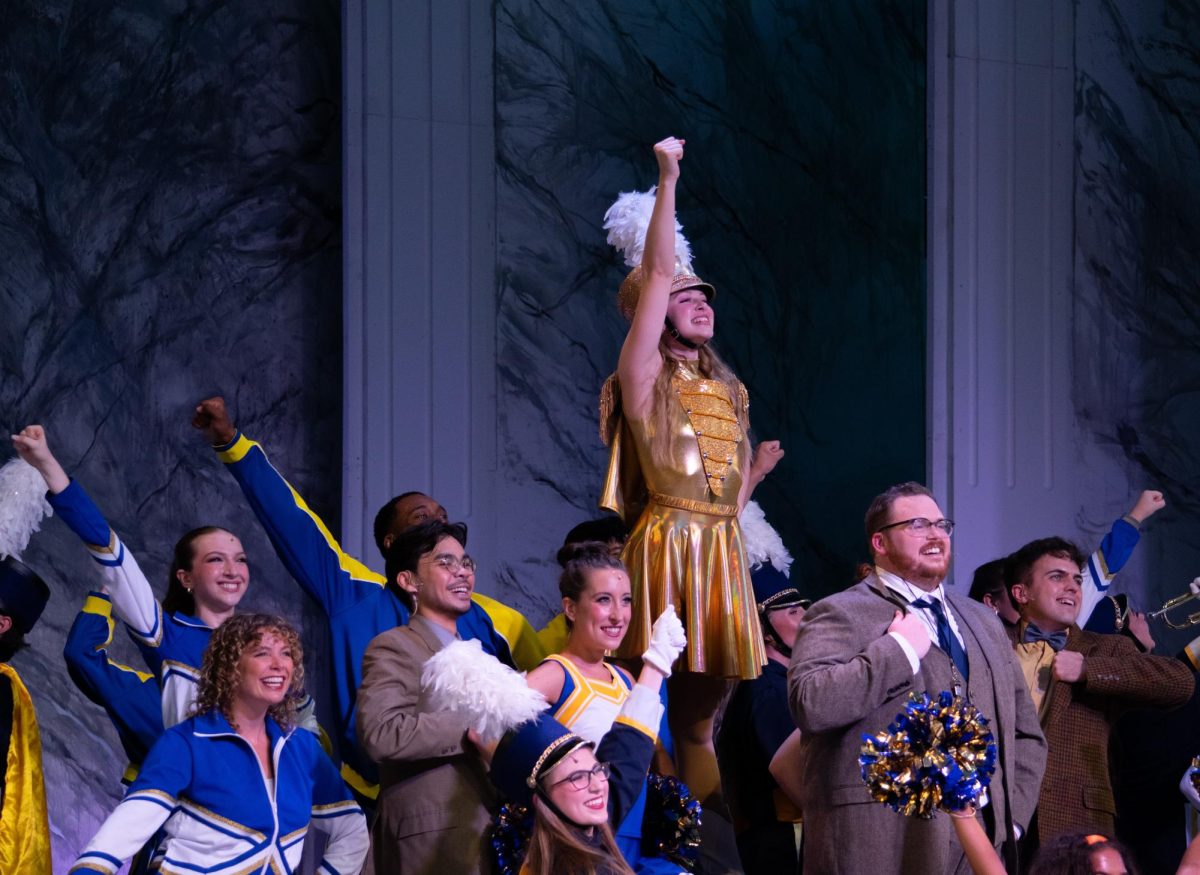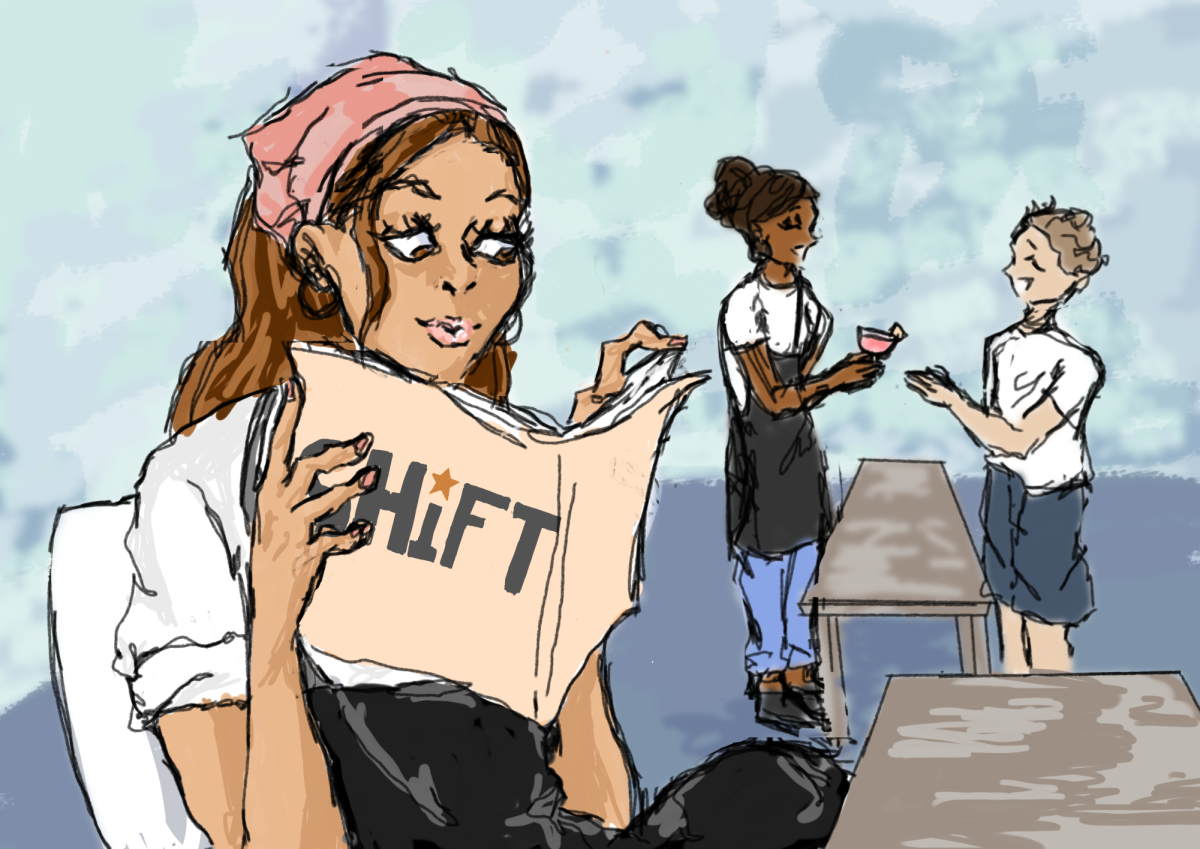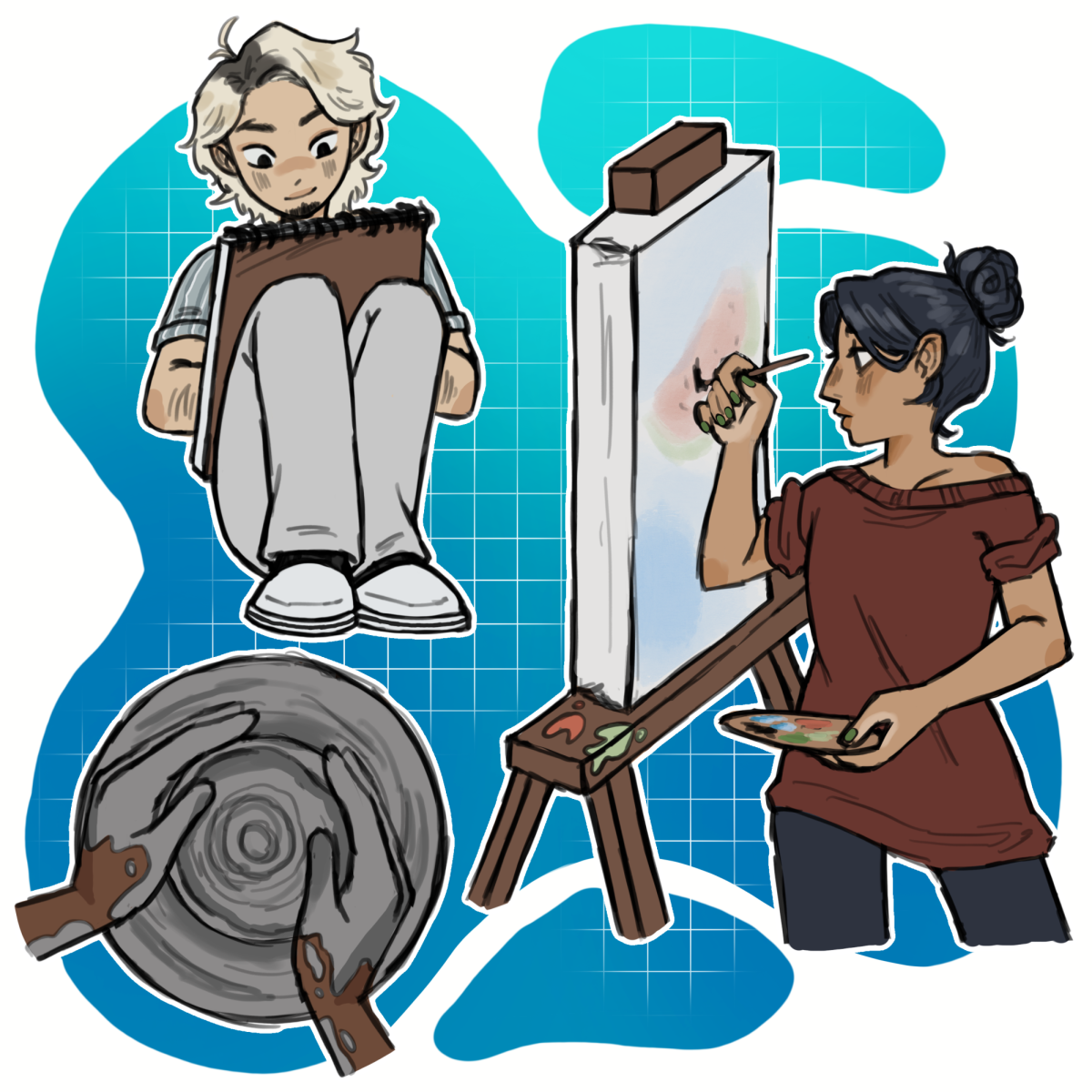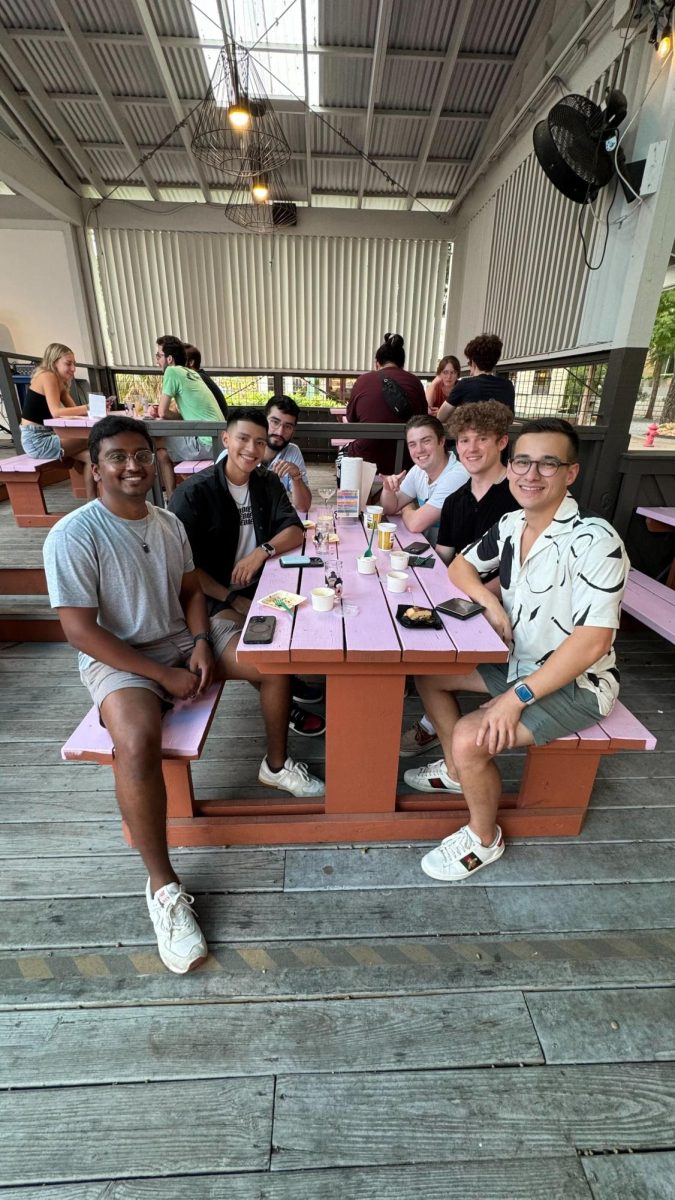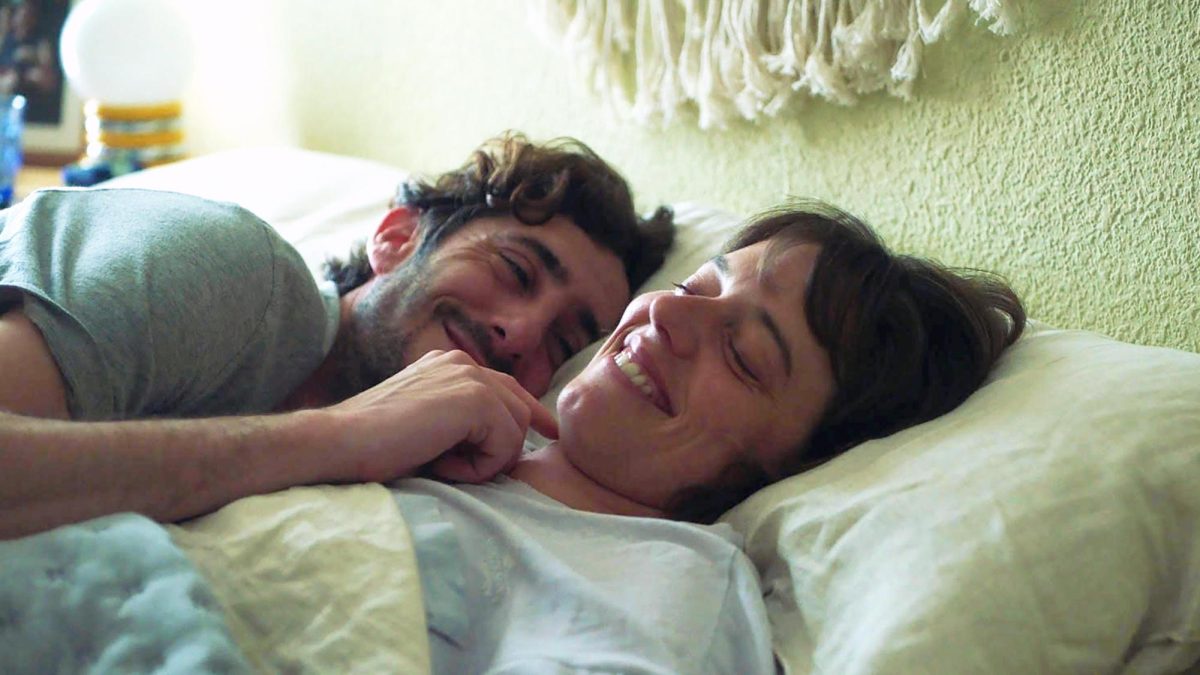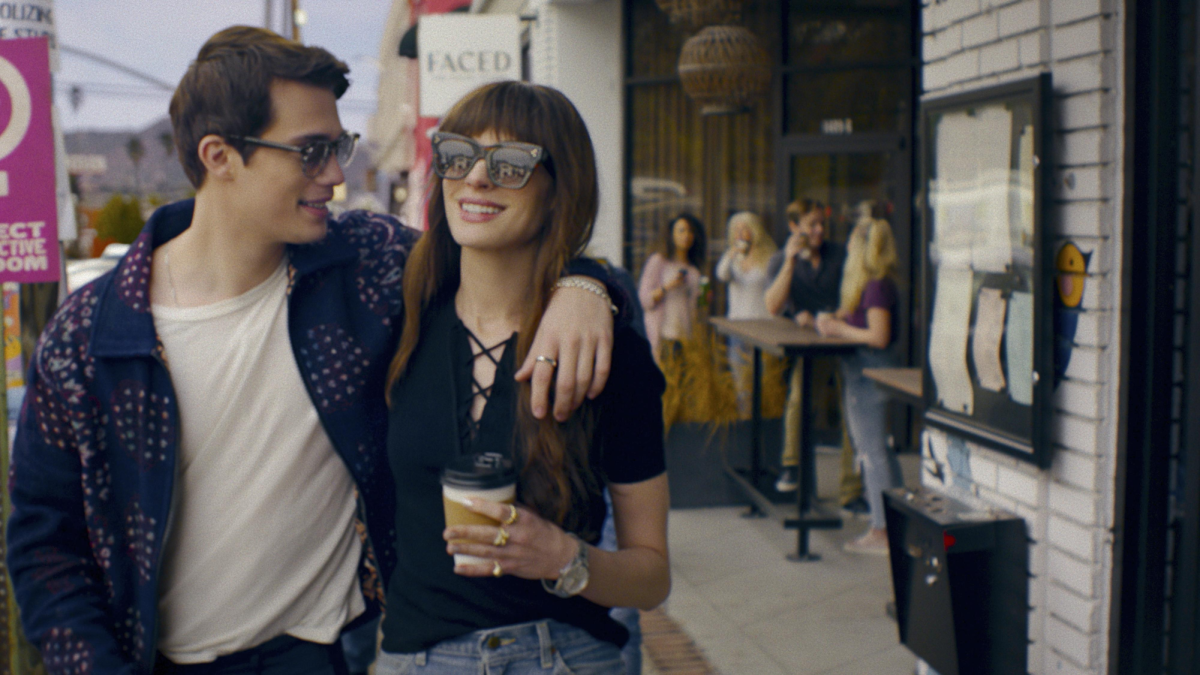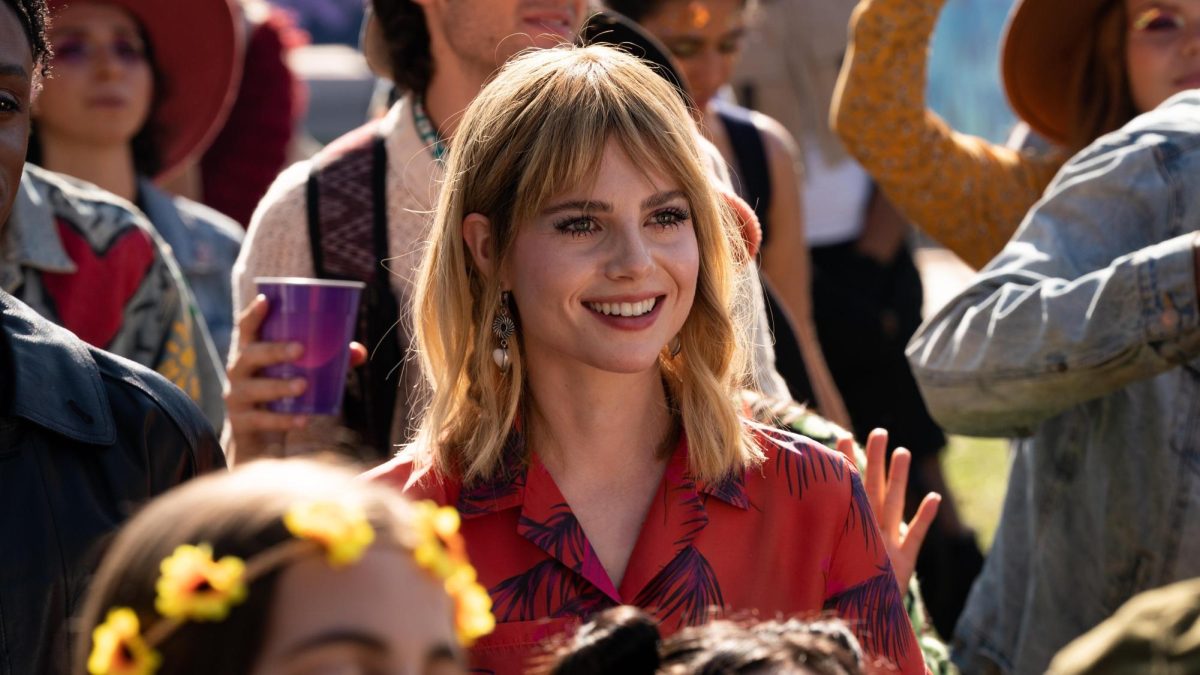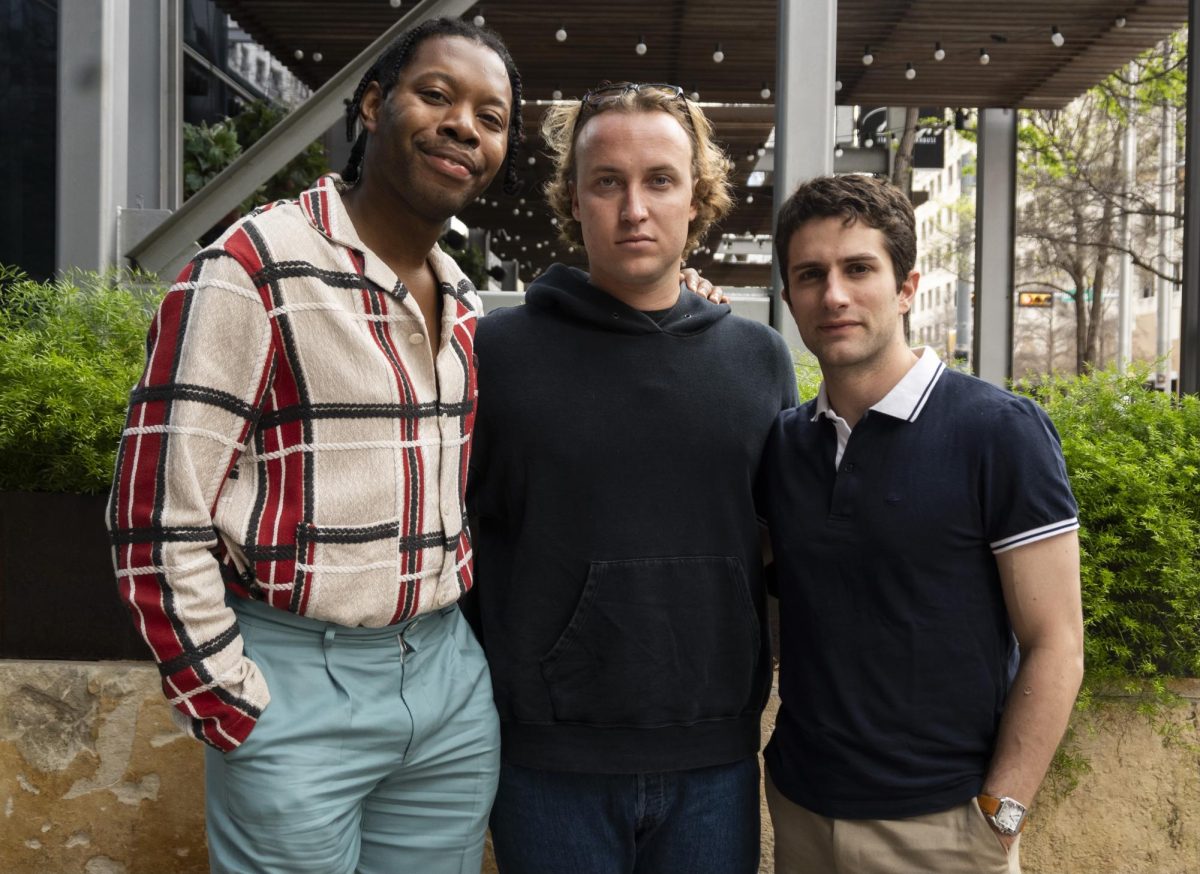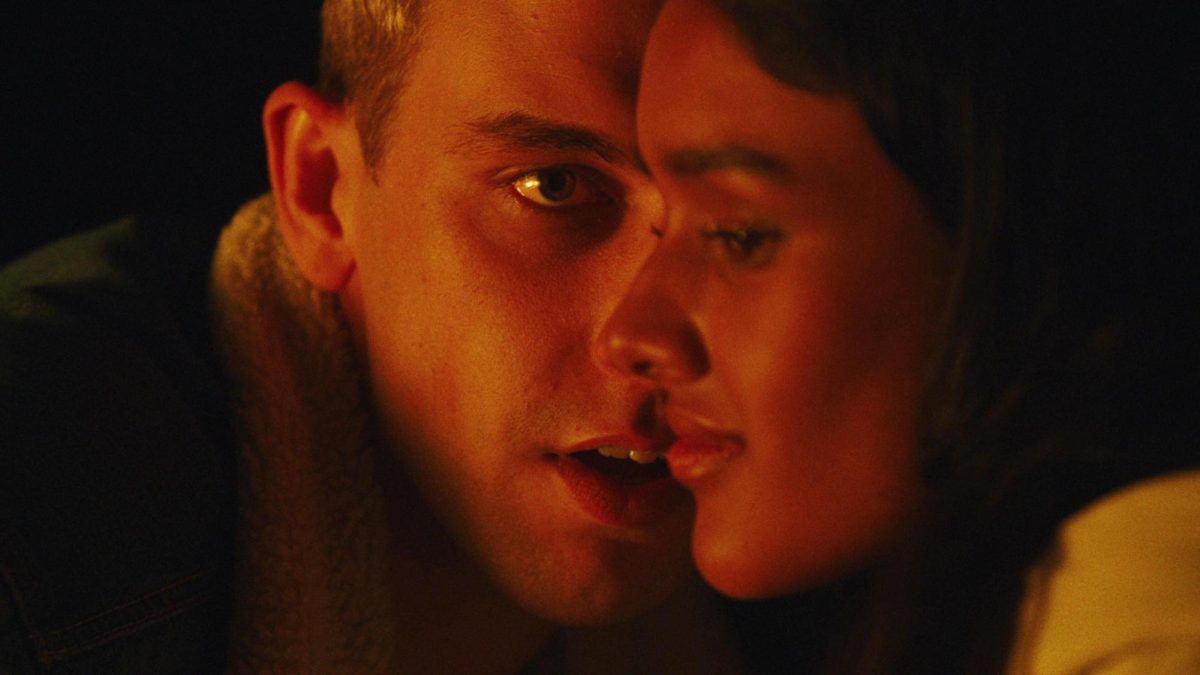Wes Hurley is a gay Russian-American filmmaker who’s autobiographical feature film “Potato Dreams of America” and subsequent virtual reality short “Potato Dreams” premiered at South by Southwest this week. Hurley talked to The Daily Texan about what it was like making such a personal film and how his experiences in Russia during the fall of communism impacted his life.
The Daily Texan: What made you want to create an autobiographical film about your life in the form of “Potato Dreams of America?”
Wes Hurley: Back when the Sochi Olympics were happening in Russia, I wrote a piece about being gay in Russia and how it related to the whole Sochi controversy. And it resonated with a lot of people. And we’re just surprised how little (people) know about Russian culture and history, especially gay people in Russia. So I realized it’s important to share (my experience).
Around the same time, I was really inspired by local actress Marya Sea Kaminski, who ends up playing my mom in the film. So she was kind of my muse to start the screenplay.
DT: How did you settle on the colorful style of “Potato Dreams of America?”
Hurley: I love magical realism … All of my favorite writers like Salman Rushdie kind of integrate that magical reality with political themes and historical facts. So I’ve always been really drawn to that. It’s hard to do that on a small budget, and also recreating Soviet Russia … I embraced this really theatrical constructed artificial reality for it. And, you know, very inspired by filmmakers like Derek Jarman, who told very epic stories on a very small scale. A big inspiration for me and my production designer was baroque paintings, because in baroque paintings like Caravaggio, you have portraits that are dissolving into darkness, or emerging from the darkness. And I just find it really beautiful and a little sinister, which I feel like is appropriate for that world (of “Potato Dreams of America”). It’s also based 99% on my childhood, but it’s also a memory and that idea of childhood memory and how it’s very heightened when you think of your childhood, everything is going to over (feel) exaggerated.
DT: How did religion play a part in your childhood and how is that reflected in “Potato Dreams of America?”
Hurley: In some ways, it’s something really hard for Americans to understand because I think Christianity in the 80s and 90s (is) especially sort of associated with conservative values. In the Soviet Union, Christianity was sort of on the same level as rock music and sexy clothes and freedom in America … In Communist countries, you don’t have any freedom of religion. So my idea of Christianity at the time wasn’t repressive. It wasn’t dogmatic. It was more about faith and hope, and sort of imagination. And especially when you're a little kid, you take everything literally. So I think little kids tend to be super into whatever their faith is. It's like a truly personal relationship with Jesus when you're a kid, because you don't have that cynicism, or, you know, sort of the grown up mentality.



